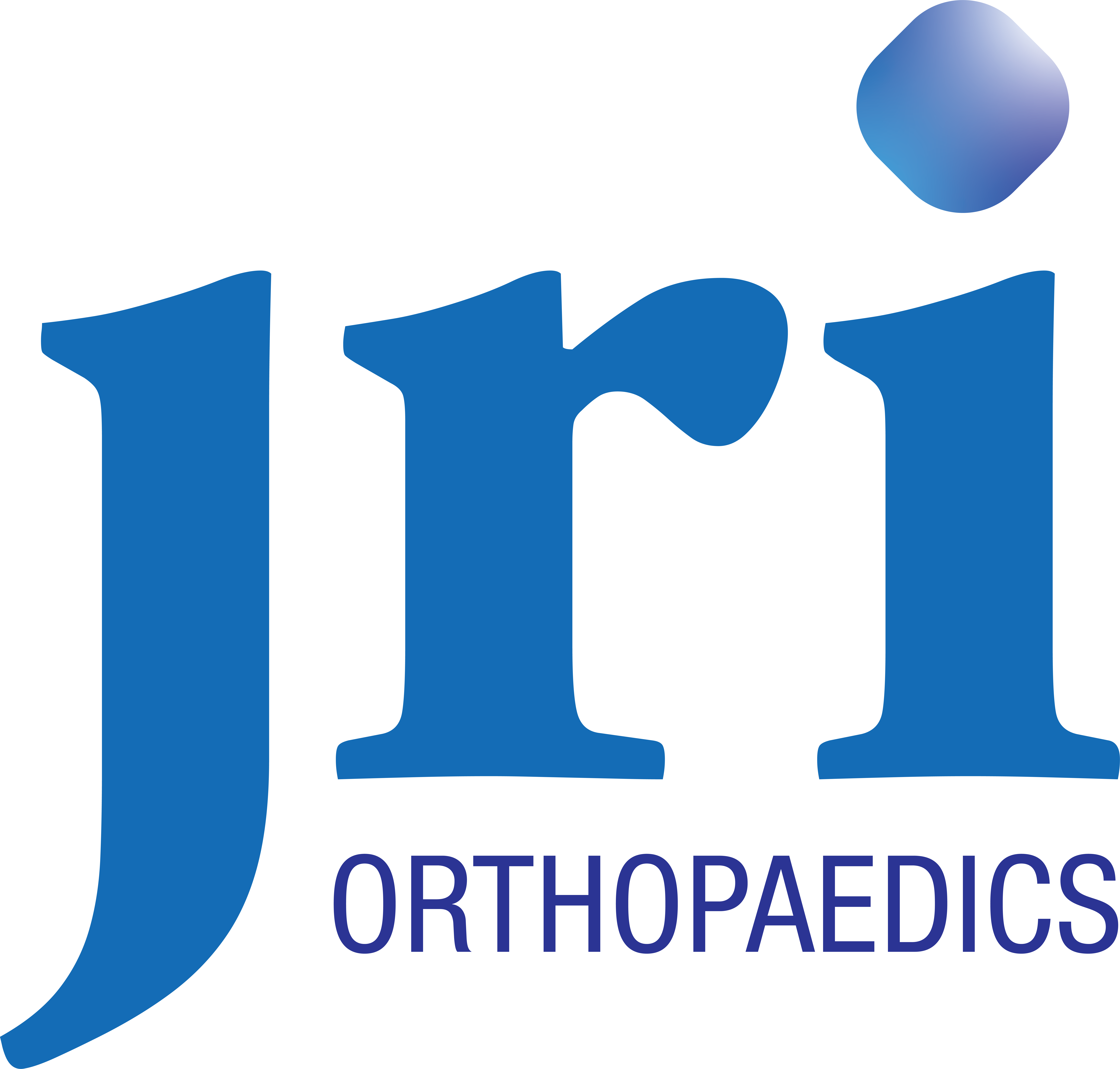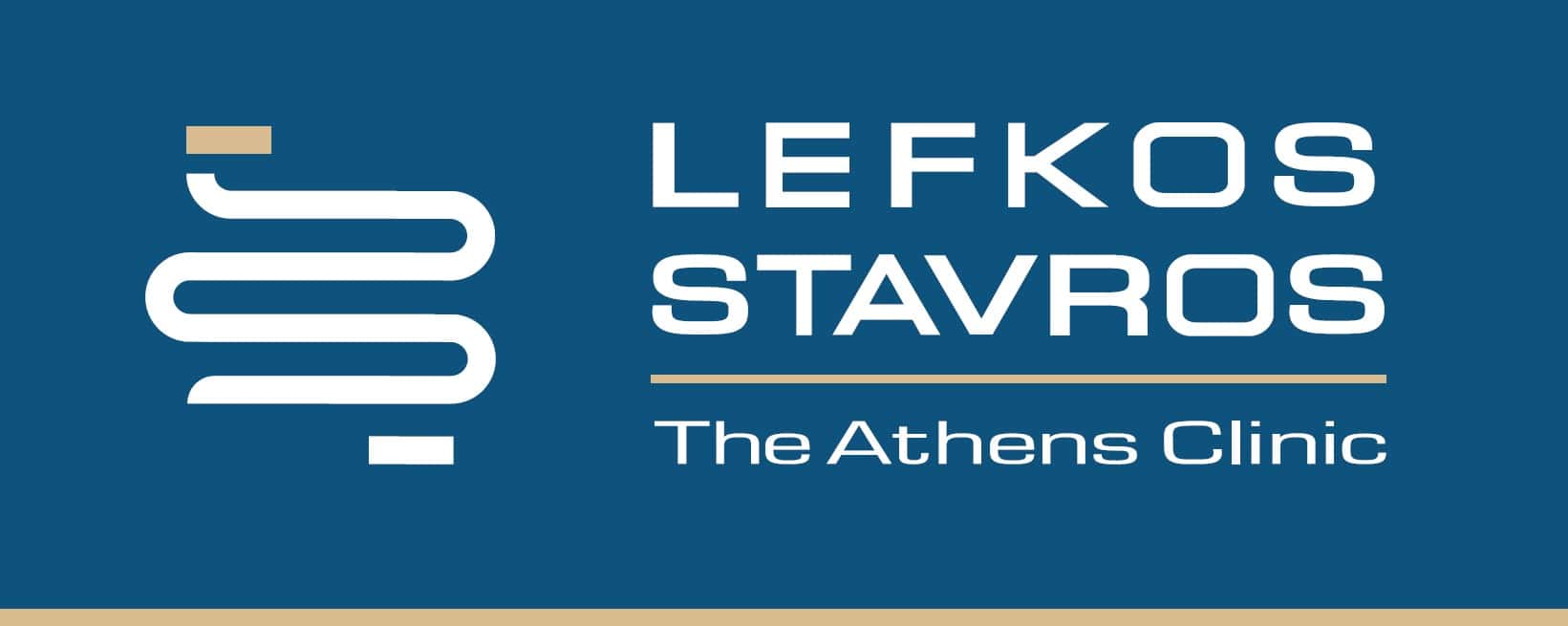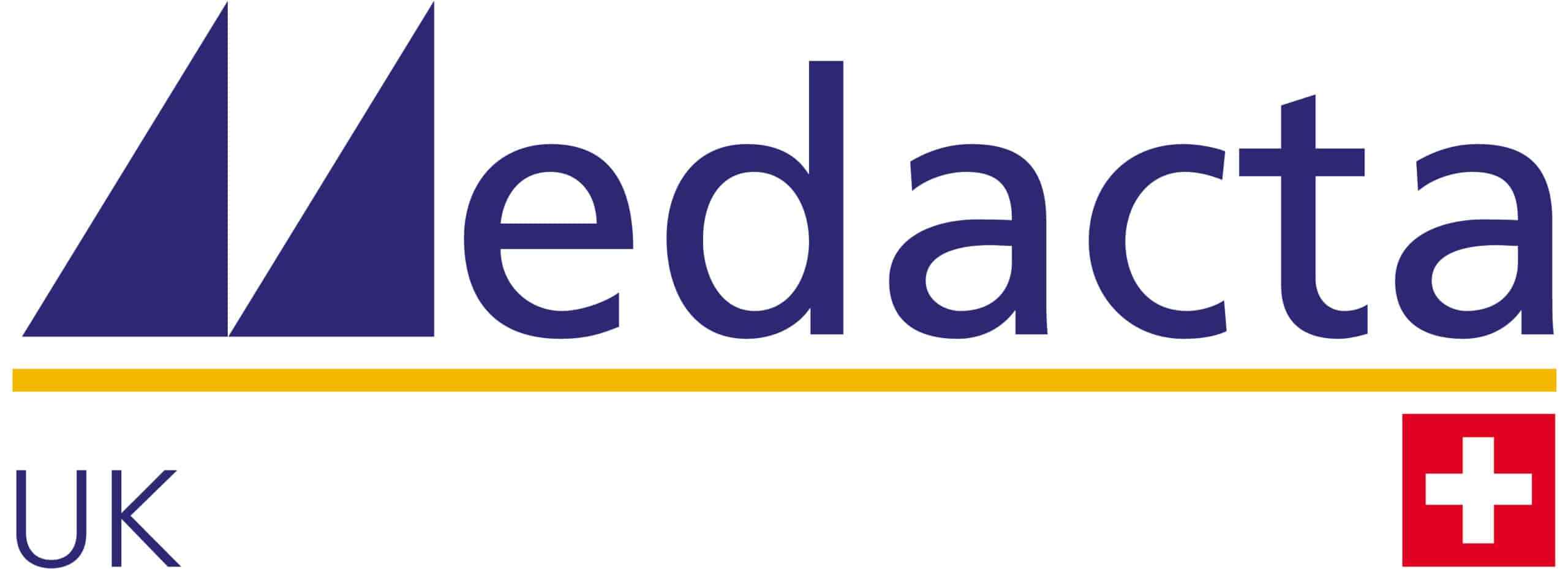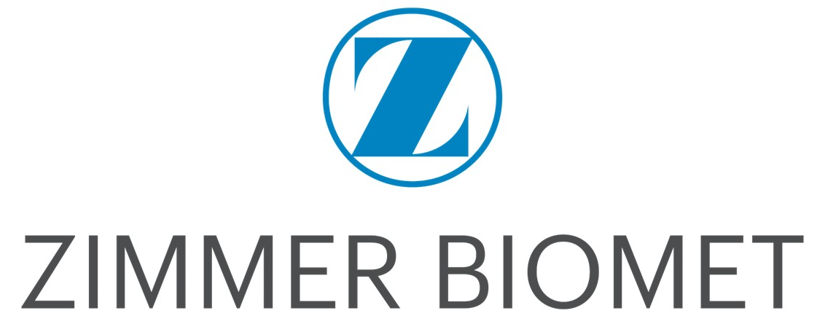Modern hip resurfacing: Technique, innovation, and global perspectives | 3 October 2025
Overview
In partnership with:
We are most grateful for our Platinum sponsor, MatOrtho:
This programme will centre on the resurgence of hip resurfacing and its evolving role in modern surgical practice. Attendees will engage with expert-led lectures, structured debates, and case-based discussions exploring advances in implant technology, surgical techniques, and clinical outcomes.
The agenda will also highlight the increasing focus on optimising surgical approaches—particularly the anterior approach—and its potential to enhance reproducibility and patient recovery.
Designed for orthopaedic consultants, trainees, and physiotherapists, the conference will bring together leading national and international faculty to share insights and shape the future of hip reconstruction.
Learning aims
- To critically evaluate the current and emerging role of hip resurfacing in contemporary orthopaedic practice.
- To explore how varying surgical approaches—including the anterior approach—impact the effectiveness and outcomes of hip resurfacing procedures.
- To assess the clinical rationale behind modern implant innovations, such as ceramic bearings and uncemented designs.
- To foster international dialogue around key issues including patient selection, long-term outcomes, and the reproducibility of surgical techniques in hip resurfacing.
Educational objectives
By the end of this event, participants will be able to:
- Assess the clinical indications for hip resurfacing compared to total hip arthroplasty.
- Analyse the advantages and limitations of different surgical approaches used in resurfacing procedures.
- Understand the design principles and early clinical outcomes of next-generation implants, including ceramic-on-ceramic and uncemented systems.
- Reflect on current trends in surgical training, reproducibility, and evolving patient expectations in hip resurfacing.
- Engage in informed discussions with international experts on case selection, complication avoidance, and real-world clinical outcomes.
Programme
-
Fully bookedModern hip resurfacing: technique, innovation, and global perspectives | 3 October 2025
Sponsors
Convenors:
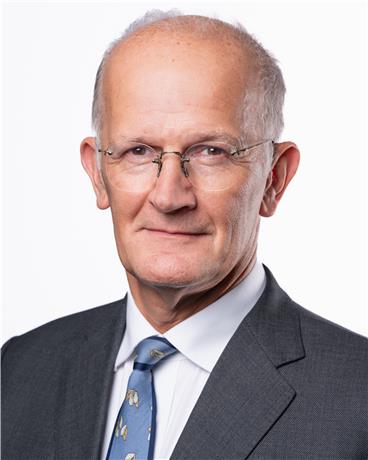
Professor Justin Cobb
Consultant Orthopaedic Surgeon, Cleveland Clinic London
Prof Justin Cobb has been chair of orthopaedics at Imperial College since 2005. His practice focuses on conservative surgery, aiming to resurface worn out joints rather than replace them. In the hip, this means using hip resurfacing technologies, and in the knee, a conservative approach focuses on relining the damaged compartments, and avoiding total joint replacement whenever possible.
Prof Cobb runs the musculoskeletal lab at Imperial, which is home to a group of surgeons, engineers and scientists working in the field of arthrosis and its management. Research includes device design, VR training in surgical skills, and activity analysis.
After training in Oxford and the Middlesex Hospital, Prof Cobb was appointed consultant surgeon at University College London Hospital (UCLH), spending 15 years concentrating on limb salvage and robotics. His clinical work was previously undertaken at King Edward VII Hospital, and he was recently appointed orthopaedic surgeon to His Majesty the King, having looked after his parents for 18 years before this.
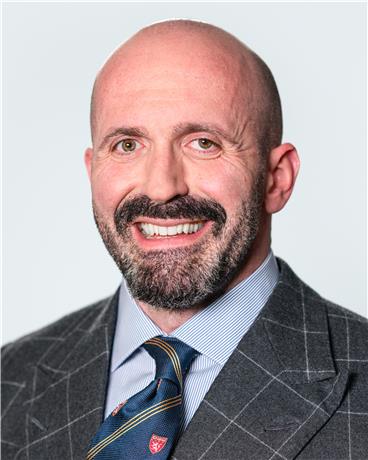
Mr Panagiotis Gikas
Consultant Trauma and Orthopaedic Surgeon, Cleveland Clinic London
Mr Panagiotis Gikas is a Consultant Orthopaedic Surgeon at Cleveland Clinic London and the South West London Elective Orthopaedic Centre, specialising in hip surgery. He is a leading expert in the direct anterior approach to hip replacement, a minimally invasive, muscle-sparing technique that facilitates faster recovery and improved functional outcomes. Mr Gikas routinely employs robotic-assisted technology to enhance precision in both primary and complex revision hip arthroplasty.
His clinical interests encompass hip resurfacing procedures, and he actively contributes to research aimed at advancing surgical techniques and implant design in hip reconstruction. Additionally, Mr Gikas has a strong background in orthopaedic oncology, focusing on the management of bone and soft tissue tumours.
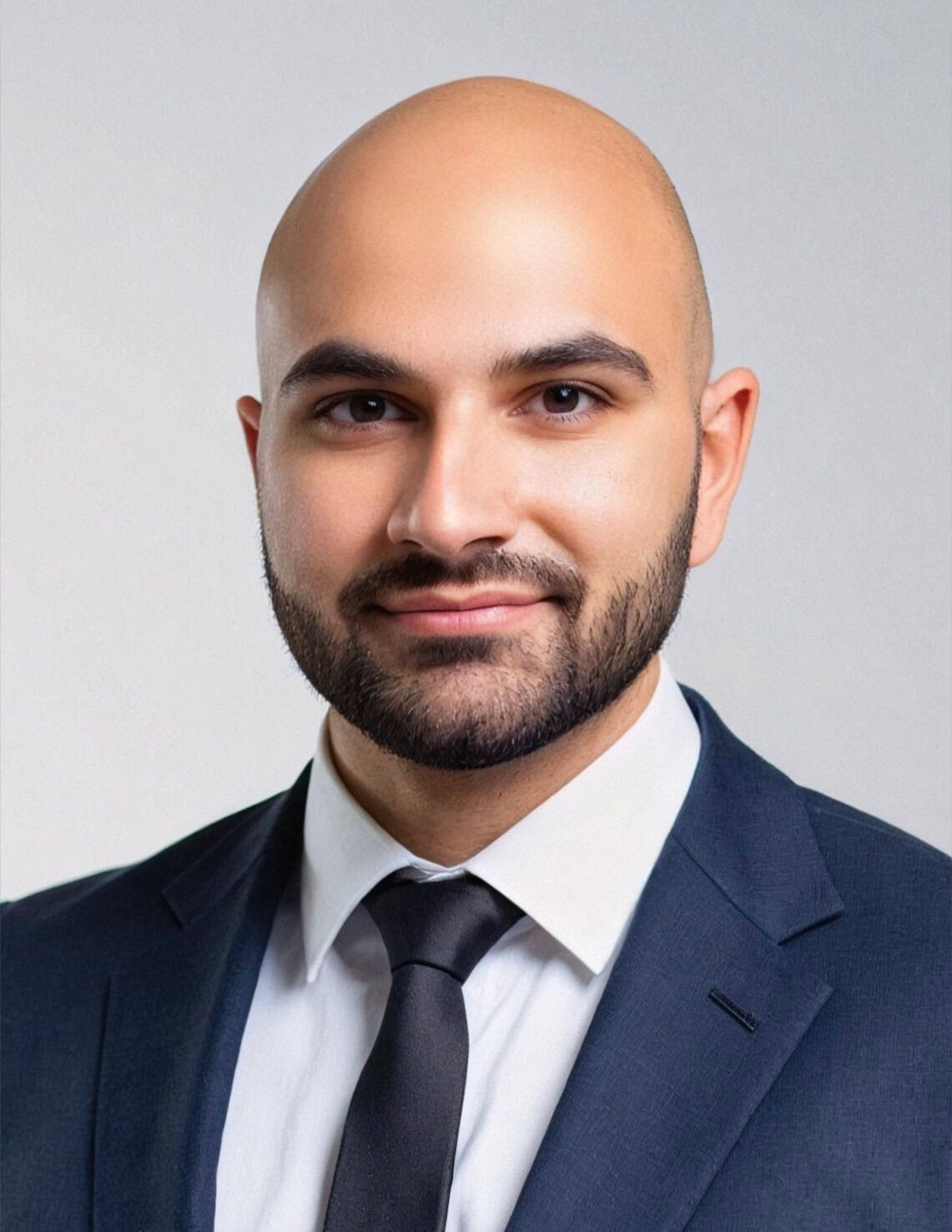
Mr Amir Ardakani
Senior Orthopaedic Trainee, Royal National Orthopaedic Hospital
Mr Amir Ardakani is a senior orthopaedic trainee on the Royal National Orthopaedic Hospital (RNOH) rotation and a current hip and knee fellow at Cleveland Clinic London. He is undertaking an MD at Imperial College London focused on advancing surgical education through competency-based training and supporting the adoption of the direct anterior approach to the hip, from hemiarthroplasty to hip resurfacing.



